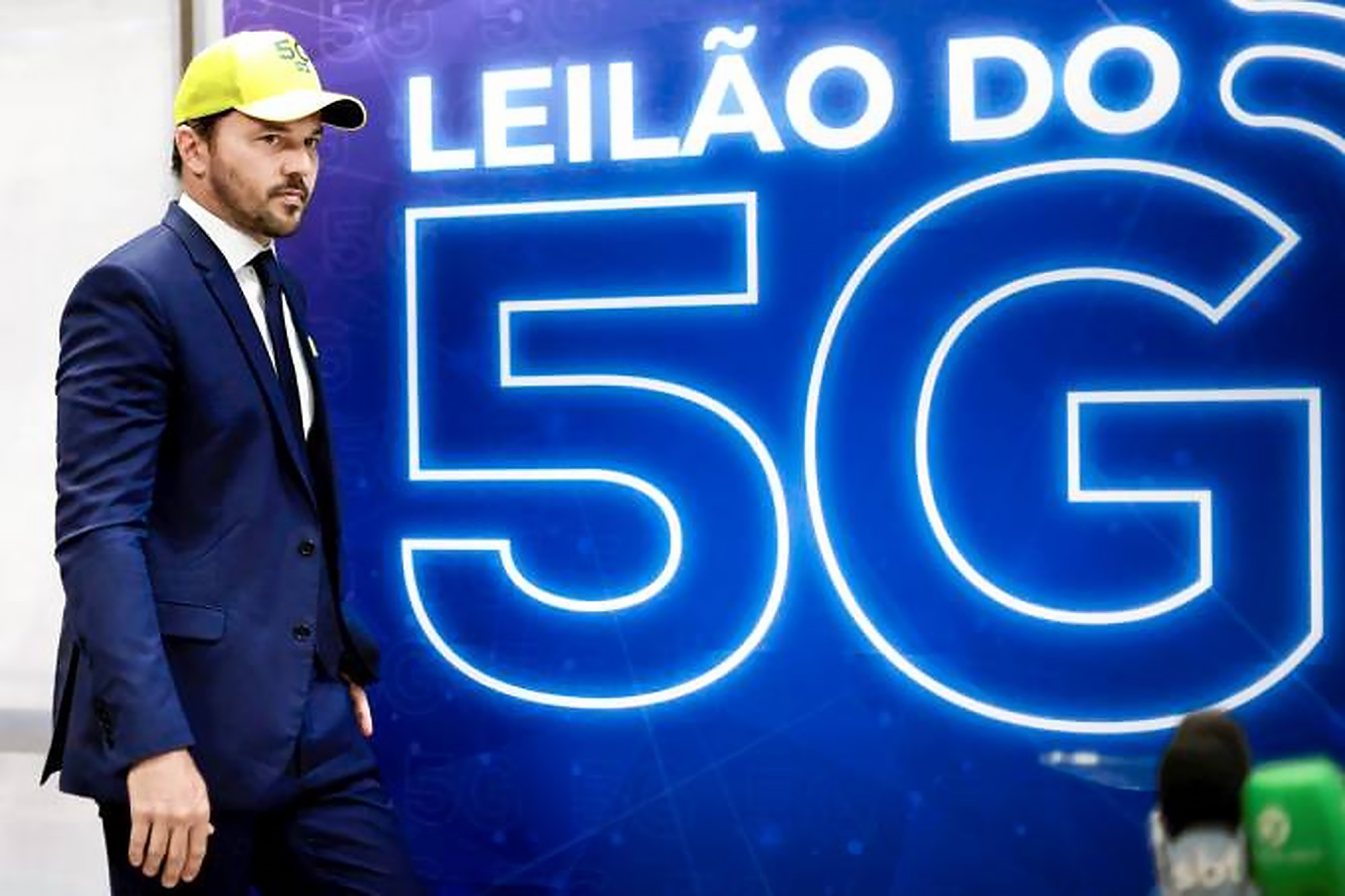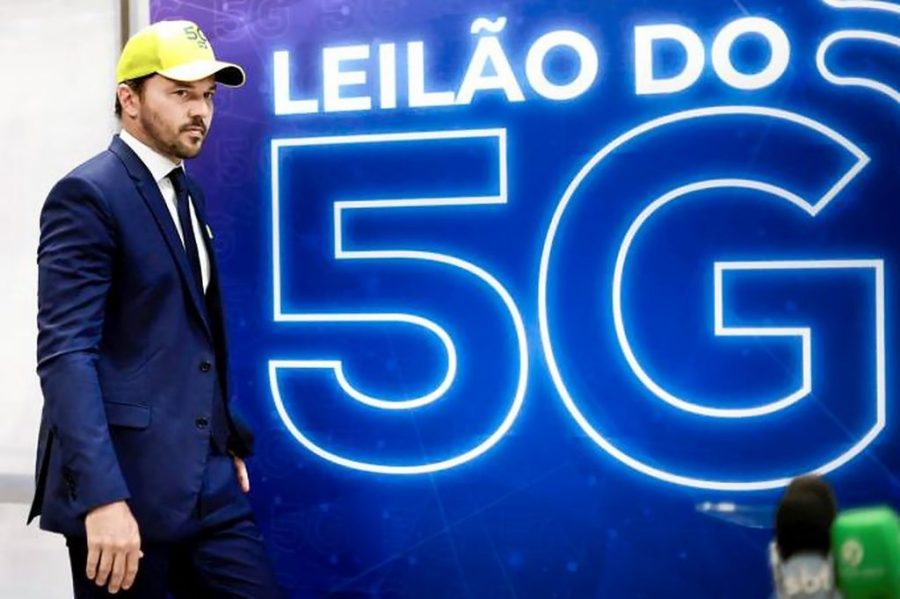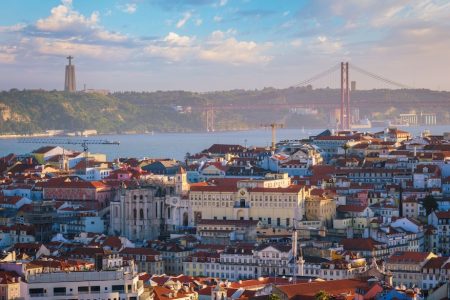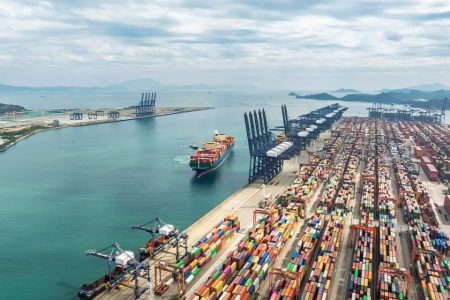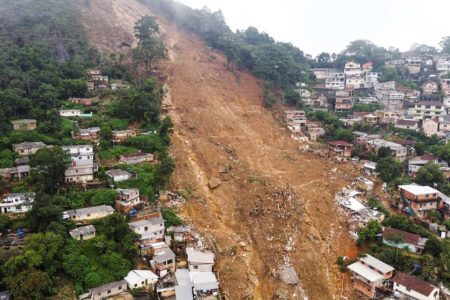Brazil has held its much-anticipated auction for the build-out of the nation’s fifth-generation wireless network, with Huawei expected to enter the game later on.
Communications Minister Fábio Faria said that the government may schedule a new 5G spectrum auction to sell batches that did not attract interest, mainly in the 26 GHz frequency.
After Brazil telecom regulator Anatel concluded an auction last week, Faria said it had raised 46.79 billion reais (US$8.44 billion) including future capital expenditure commitments, making it the largest auction of telecom assets to date in Latin America.
Telecom Italia, Spain’s Telefónica and Mexico’s América Móvil won most of the spectrum rights through their Brazilian subsidiaries, but local rival Algar Telecom also secured some.
Once operators have built the infrastructure, they will need to install hardware for the radio antennae to work with the new wireless network. Companies with the technical ability to make it include China’s Huawei and ZTE, Sweden’s Ericsson and Helsinki-based Nokia.
Faria said the auction had been a success, as it had raised around 5 billion reais above expected prices. The country now has six new telecom operators to compete with the larger companies, the minister added.
Faria and Anatel official Abraao Albino said the 26 GHz spectrum did not attract interest due to uncertainties in the business model. The government will consider a new auction to offer the unsold batches.
The technology promises faster speeds, less lag when connecting to the network and the ability to connect more devices to the internet. But the auction also aimed to address the country’s digital inequalities, forcing winning bidders to build or improve wireless infrastructure in underserved areas.
Much of the debate around 5G has been whether wireless operators would be allowed to partner with Chinese telecom giant Huawei at a later stage, in the face of strong US opposition.
The US government has pressed other countries, including Brazil, to ban Huawei from 5G network build-outs, citing security concerns. Huawei has rejected such allegations.
Of the nearly 50 billion reals the administration of President Jair Bolsonaro is expecting as a result of the auction, 20 per cent will go to the federal treasury, and the rest to building new infrastructure or improving existing networks.
Winning bidders must bring wireless internet with 4G or higher to nearly 10 million people in northern Brazil, including 500 villages in the vast Amazon region, where many still lack internet access.
“Brazil will be the first Latin American country to have 5G [nationwide roll-out],” said Faria.
The plan is to grant 5G coverage to more than 31,000 kilometres of federal highways and provide it to public schools. Faria said that nearly 7,000 of the country’s 85,000 schools do not have internet, CLBrief reported.
